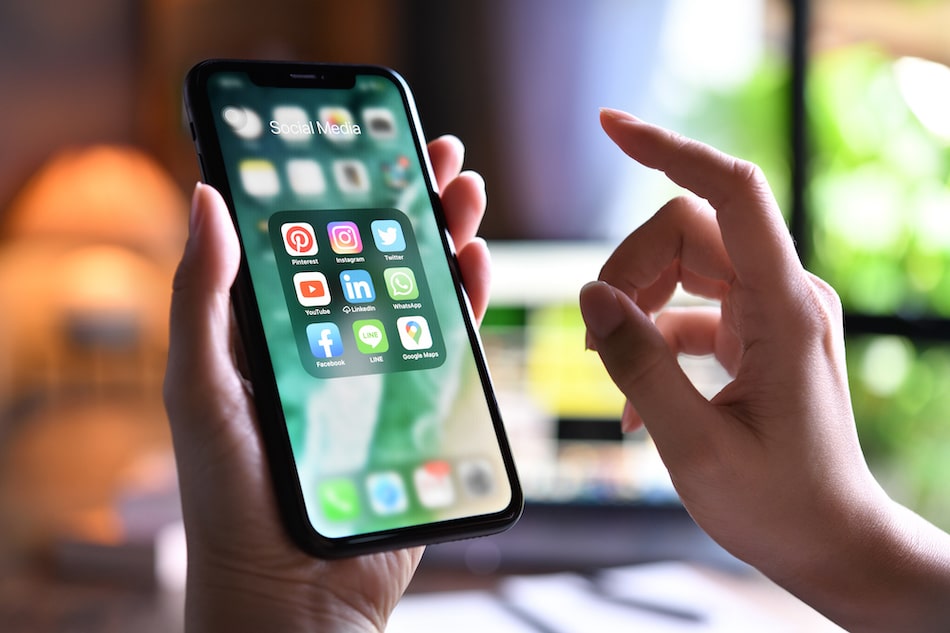Key Takeaways
Regardless of which platform you choose, you are a creator if you produce content and make money doing it. It’s no surprise that roughly 41 million creators have up to 100,000 followers.
So. Much. Content.
Many legal issues surrounding online activity have also surfaced over the years. Still, many content creators find success in producing and monetizing their content. Let’s talk about what risks content creators face and how to navigate this temperamental terrain.
Understanding the Landscape for Content Creators
The influencer marketing space is booming, with steady growth from $9.7 billion in 2020 to $13.8 billion in 2021. According to Influencer Marketing Hub, experts predict the market to expand to around $16.4 billion this year. Check out the industry’s impressive climb in the chart below.
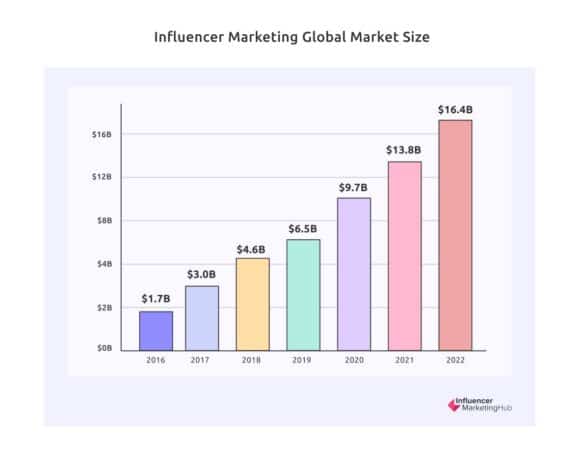
Source: Influencer MarketingHub
While some content creators try new platforms, many stick with the tried and true. You’ll know most of these, but still, here are a few of the most popular platforms:
- YouTube
- Snapchat
- Website blog
- TikTok
- OnlyFans
- Twitch
Many people assume that creating content is all fun and games. Content should be engaging and meaningful, with eye-catching visuals and other elements that make it stand out. Of course, the edited version of most content appears pretty crisp, but a lot goes into this gig. As a result, the industry is changing quickly, but the insurance market isn’t what we’d typically call first-movers or overly innovative.
Here at Founder Shield, we take pride in our tech-driven and forward-thinking approach. However, navigating the ever-changing landscape can be challenging. As Christine McCarthy from Scale Underwriting, one of our own, aptly puts it, “The emergence of TikTok and other digital content platforms demands a fresh perspective within the e-commerce insurance sector.”
In other words, content creators tend to professionalize rapidly, requiring insurance protection to keep pace with their momentum. After all, new risks mean new solutions, but what risks do content creators face? One significant area is insurance IP, which covers intellectual property risks that are increasingly relevant in the digital age.
Risks Content Creators Face
By publishing on multiple platforms in various formats, content creators can diversify their output to enjoy higher returns on their monetization efforts. According to LinkTree, up to 58% of creators produce 2-4 types of content. However, despite having a solid income strategy, content creators face unique challenges. The following are a few prevalent risks these individuals must navigate.
Content Creator Insurance Guide
Business Interruption
Content creators thrive on the technical front, with many quickly becoming makeshift film directors, authors, and strategists, to name a few roles. Sometimes technology doesn’t work as hard as we do — or so it seems.
Service outages can come from many different directions, from routine system maintenance to targeted DDoS or cyber extortion attacks. Unfortunately, these malfunctions can trigger business interruption. If a content creator can do their job or a social media network has to shut down, they often pay the price in the form of lost income, extra operating costs, or lawsuits.
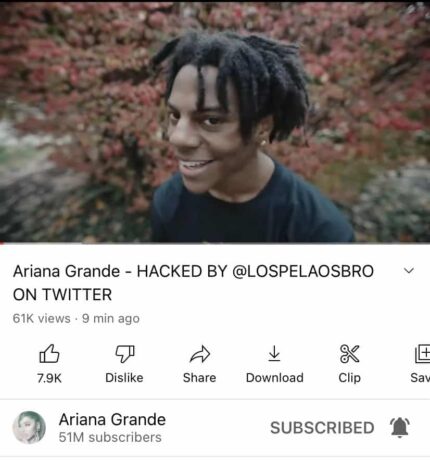
Regulatory Compliance
The Federal Trade Commission (FTC) has cracked down on content creators and influencers, not to mention brands that work with them. This regulatory agency now requires content creators to follow specific guidelines to disclose sponsored content. Recently, influencer guidelines have shifted from mere suggestions to mandatory rules that the FTC can (and will) enforce. For example, the FTC is quicker in addressing missing hashtags or unlabeled content.
Surprisingly, many content creators don’t take regulatory compliance seriously until it’s too late. Sink your teeth in this; although 57% of businesses in this industry are concerned about compliance, only 23% think they’re honestly protected against regulatory risk. Ouch! The FTC has issued warning notices to multiple celebrities and more than 700 companies, including Apple, BMW, Chevron, etc.
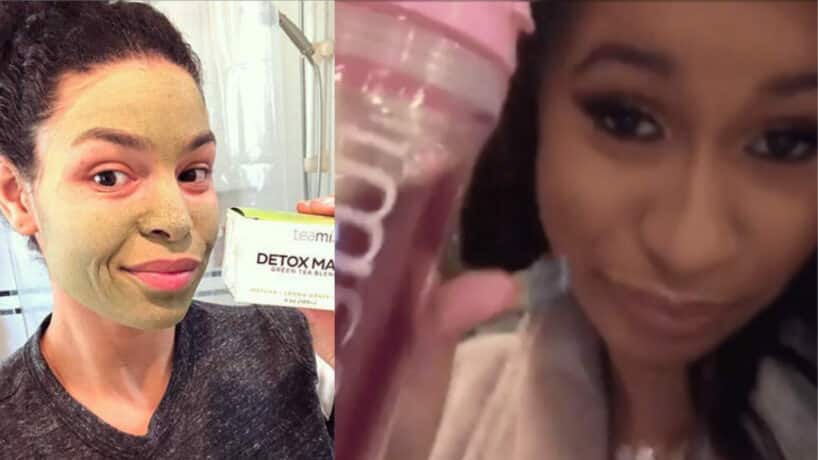
Data Protection
Data breaches in the US cost businesses an average of more than $4 million per incident. If it sounds scary, you’re right. Remember, data breaches don’t only happen to huge enterprises, like the Robinhood or Twitch breaches in 2021. Instead, cybercriminals happily target smaller businesses, mainly because they are easier targets with fewer layers of protection.
A data breach isn’t anything more than a disclosure leak or a security violation — but they are incredibly costly. An unauthorized user uses sensitive or confidential information for their gain, damaging reputations and balance sheets. Content creators must prioritize data protection merely because malicious hackers are relatively savvy on many of the same platforms on which creators frequent.
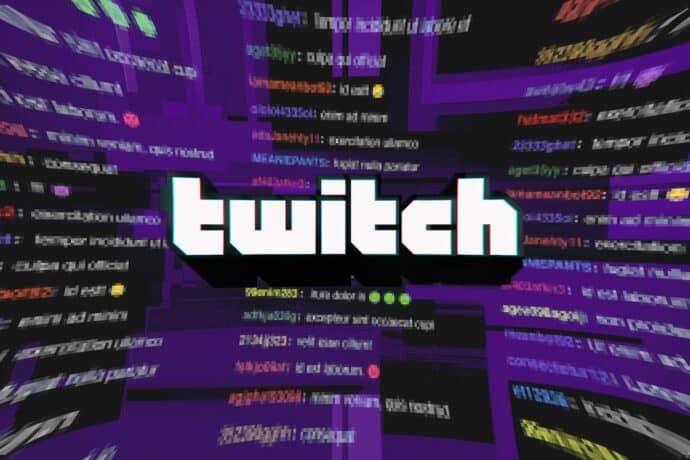
Personal Injury
Endorsing a product on a public platform like Instagram or Twitter might seem casual, but product endorsements are heavily regulated. If the product is defective and causes someone personal damages, typically financial loss, the content creator who endorsed it could be held responsible.
There are a variety of legal claims people can make against a content creator who endorses a defective product, including negligence, fraud, and liability. Sure, the fault typically lies in the manufacturer, but content creators also hold some liability. Even if the lawsuit is baseless, defense fees can be astronomical, carving away your hard-earned profits.

Recommended Coverages for Content Creators
Although many content creators set similar monetization goals, each one is different and requires unique insurance solutions to achieve their best results. Still, a handful of recommended coverages benefit most content creators. Let’s review.
Business Interruption
When a covered peril causes direct physical loss or damage and negatively impacts a business, it can be challenging for the company to continue operating. Business interruption insurance replaces income lost and extra expenses, whether a fire, natural disaster, outage, etc. caused the damage.
Cyber Liability
Cyber insurance protects companies from third-party lawsuits relating to electric activities (i.e., phishing scams). Plus, it offers many recovery benefits, supporting data restoration and reimbursement for income lost and payroll spent.
Property
Whether it’s a devastating fire, natural disaster, or burglary, property insurance responds. This policy reimburses companies for direct property losses, supporting recovery and momentum.
Product Liability
Companies offering tangible products or services risk third-party lawsuits claiming bodily injury or property damage. Consider McDonald’s notorious “Hot Coffee” case in the 1990s, for example. No matter if the claims are grounded or not, this policy covers defense fees and settlements.
Media Liability
Our very own Scale Underwriting recently launched a media liability insurance product, Scale Social, for social media influencers and their agencies. Scale Social provides US-based influencers and agencies, particularly those with paid brand partnerships, an insurance policy designed to protect them from any potential lawsuits involving their social media activities. This insurance will also cover influencers who are promoting goods without a direct contract with a brand, in case a party asserts there was a negligent or unflattering promotion.
General Liability
General liability offers broad protection against some of the most fundamental risks companies face. Known as “slip-and-fall” or “all-risk” insurance, this policy covers personal or property damage and bodily injury occurring on the business premises.
Professional Liability
Professional liability, also known as errors and omission (E&O) insurance, covers companies in third-party or client lawsuits claiming substandard work or service (i.e., influencer mishaps). Work errors or oversights, missed deadlines, budget overruns, etc., often result in costly cases — but E&O insurance responds to these mishaps.
Understanding the details of what coverage your company needs can be confusing. Founder Shield specializes in knowing the risks your industry faces to make sure you have adequate protection. Feel free to reach out to us, and we’ll walk you through the process of finding the right policy for you.
Insurance Rebuilt, End-to-End







